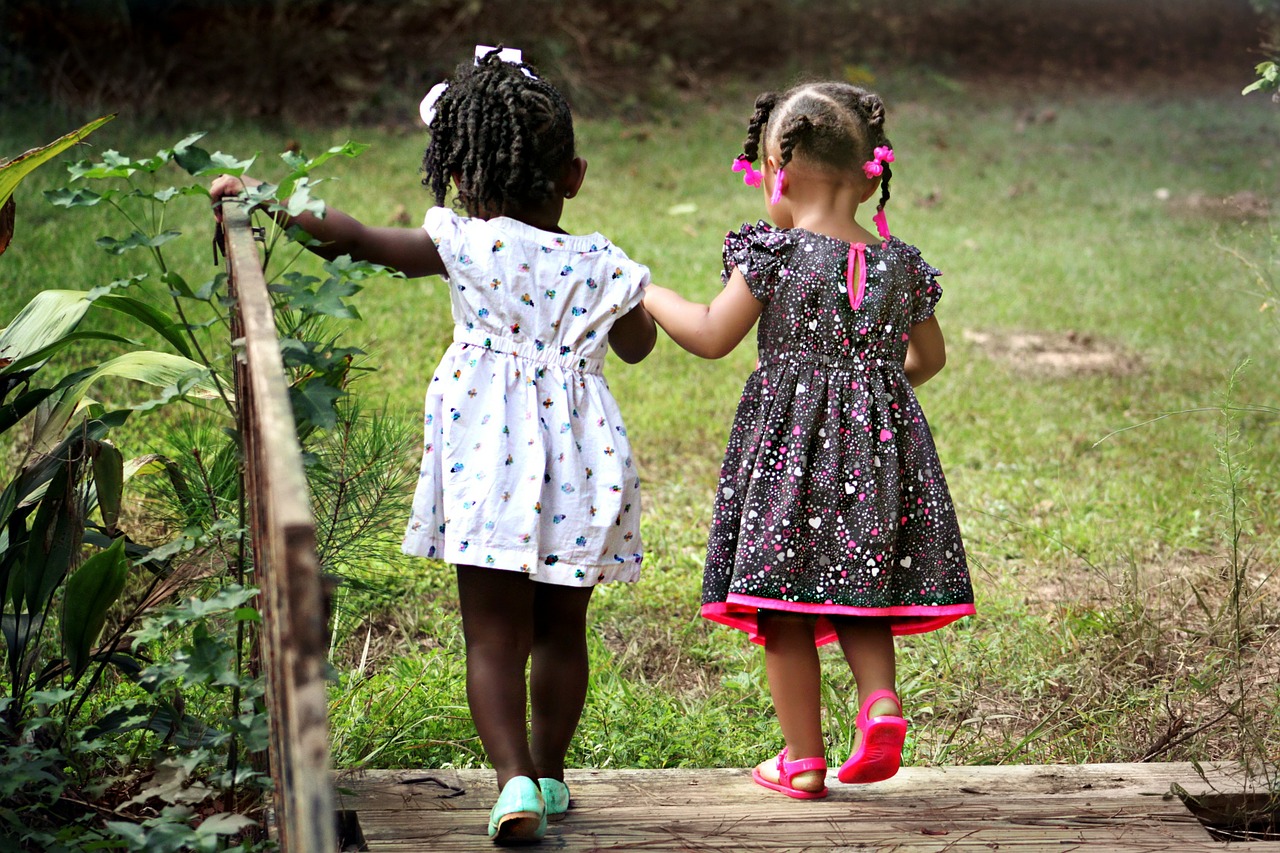Happiness – it’s an inalienable right, it’s even in the US constitution. You see it everywhere from sitcoms to couples walking by. But…do you ever have that gnawing feeling, or dark sense, that happiness is just… well…not for you?
Well, you’re right. The data agrees with you. It’s not.
Here’s why:
1. It Makes you Contagious
It’s true, you literally infect others. Your well-being has an enormously influential impact on everyone around you up to 3 degrees of separation away from you! Research studies show that parents’ well-being improves their children’s, and people’s happiness uplifts their spouses. But did you know it also influences strangers you will never meet, like your best friend’s landlord? Research by social scientists James Fowler of UC San Diego and Nicolas Christakis of Harvard suggests that happiness spreads up to three degrees of separation from us: if you’re happy, your best friend’s sister, hairdresser’s spouse, and colleague’s son will also be happier.
2. It Brings Out the Best In You
When you say or do something you later regret, maybe by reacting too quickly and snapping, you often use the expression “Well, I was just not myself that day because I was ____ (fill in the blank: tired/drunk/stressed…”). When you’re happy, however, you often actually do feel like yourself because happiness brings out the best in you.
Why? Because instead of focusing on yourself, your attention is freed up to notice others. Think about it, when you’re down in the dumps, it’s all about me, myself, and I. And there’s research to back that up too (anxious and depressed moods lead to an increase in self-focus). However, when you feel positive emotions, on the other hand, research shows that your perspective broadens and it’s more easy to reach out to others and connect as well as to see things from a broader (wiser?) perspective (for more on that, see research by Barbara Fredrickson of the University of North-Carolina at Chapel Hill).
Think about it, on a “life sucks” day, we can get so tunnel-visioned in our grumpiness that we won’t even notice a friend walk by. However, on a day when you are feeling great, you are more likely to notice if someone needs help and to reach out a helping hand. (Ironically, for that reason, a great way to increase our happiness is to be empathic, to reach out and to help others.)
Trending: Navy SEAL Secrets for High Performance Under Pressure
3. You Start Influencing Everyone
You’ve seen them: those jolly, joyful, and light-hearted people. The ones that walk into a room and everything just feels slightly better. It could be a family member, a friend, a 4th grade teacher—heck, your dog! They light up a room and leave you feeling lighter, warmer and just a tad more joyful. The bottom line: Your happiness uplifts and inspires.
There’s science to this. When we see someone happy doing something happy people do like making someone feel better or helping them, we get a warm and fuzzy inspired feeling (you may even shed a tear or feel a chill). Psychologist Jonathan Haidt has appropriate coined his state “elevation”—maybe because it makes you feel a little high for a moment. Well the data shows that when you experience elevation from watching someone help someone else, you’re more likely to then go and do something sweet for someone else! Bottom line: If you’re happy, you’re more likely to help and uplift others, and your actions inspire others to go out, be happy, and help others.
This isn’t just for friends and family, folks. It’s at work too. When Haidt and his colleagues applied his research to a business setting, he found that when leaders were fair and self-sacrificing, their employees would experience elevation. As a consequence, they felt more loyal and committed to their boss and were more likely to act in a helpful and friendly way with other employees even when they had nothing to gain from it! In other words, being happy inspires others and they go out and make the world a better place (and the cherry on top: They are more loyal to you too!).
What does that mean? You’re creating culture, son!
Bonus: It teaches you to get real.
Research by Shelley Gable and Jonathan Haidt suggests that we actually have three times more positive experiences than negative. We have simply forgotten that fact for a number of reasons (explained here).
So Where do You Find It?
What’s the best way to reach happiness? Many of us may not feel happiness because we are looking for it in all the wrong places. Neither in school nor at home have most of us learned where to find it! Research helps shed some light on this important question—in particular, the data shows that there are two kinds of happiness:
• hedonic happiness: think all the pleasures of the senses from chocolate to sex, from an unexpected check in the mail to a massage
• eudaimonic happiness: think connection with loved ones, purpose, meaning, community service, and spirituality
Can you guess where lasting happiness lies? Let’s just say it’s not just at the bottom of your nutella jar. Both hedonic and eudaimonic happiness certainly have a positive impact and boost our well-being. However, hedonic happiness is incredibly short-lived. It is characterized by intense bursts of pleasure that don’t last and that leave us craving more. It is actually eudaimonic happiness that helps ensure stable, long-term lasting feelings of happiness and well-being.
For 7 great ways to get you started on a eudaimonically happy path, see here.
Hint: Compassion, in particular, is a great place to start and appears to be one of the secrets of lasting happiness (for more on that, see here).
Trending: How to Make Menopause the Best Time of Your Life
You May Also be Cheating Yourself Out of It
Another problem is that people often get a little complicated when it comes to happiness—and that tends to ruin the moment. You want, desire, wish, crave for nothing but…happiness. You seek it everywhere from TV to partners to chocolate to raises to People Magazine to eyelash extension parlors. But when you finally feel it, instead of enjoying it, you sometimes:
– feel guilty
– fall asleep
– worry you’re going to lose the ____ (fill in the blank: partner, money) that’s making us happy
– get anxious because you’re trying to hold onto the ____ (fill in the blank)
– answer your cell phone
– worry you’re getting fat
– get drunk
Trending: Microsoft, Google, and Beyond: What Business at the Cutting-Edge of AI Looks Like
– get depressed because you feel you just don’t deserve it
– worry you’re wasting your time and start answering emails
– start mourning now because you know the moment will end
– instagram, tweet, facebook, selfie and pinterest the moment to death
– suddenly get consumed by the all-consuming realization that we’re All. Going. To. Die.
The drama unfolds like a cheap soap opera and the good news is: You can turn it off. You have a choice to stay present with your happiness and the right and responsibility to enjoy it. Because it’s a gift not just for you, but to everyone around you.
This post originally appeared on Emma Seppala’s website.






























